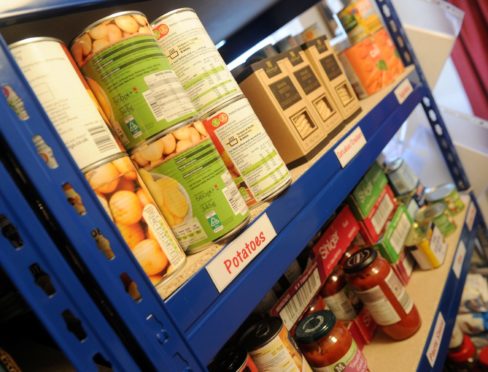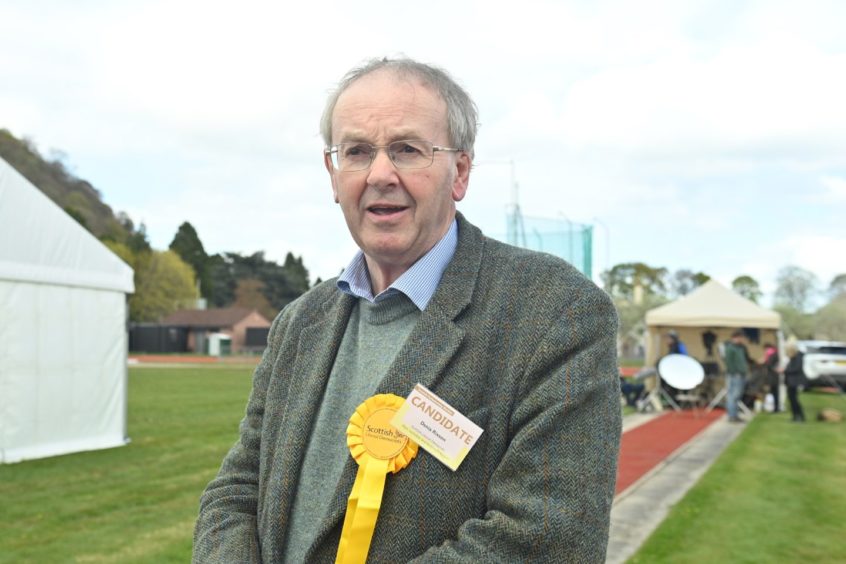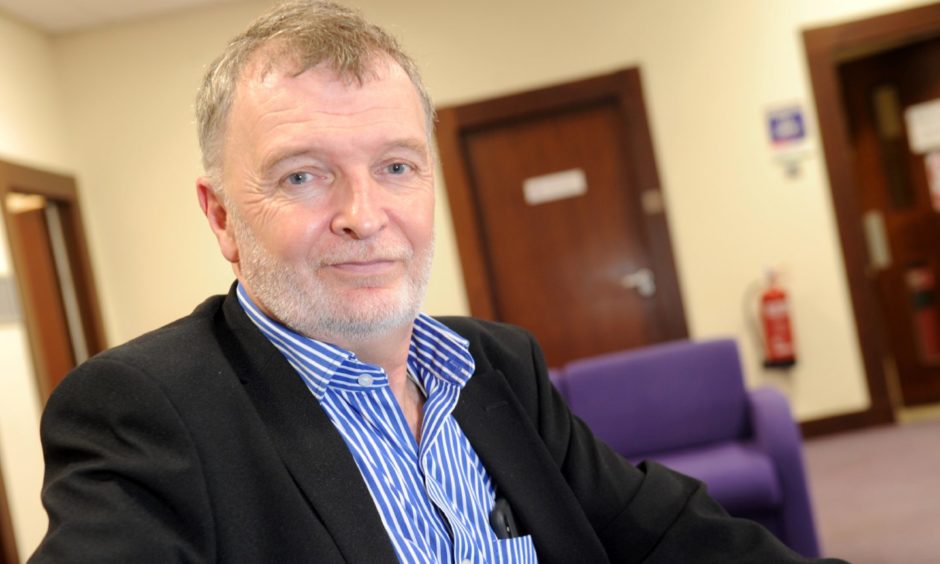Members of the corporate resources committee at Highland Council came together in a rare show of unity in support of the council’s welfare team.
A report to committee highlighted the shocking levels of poverty in the Highlands, and councillors heaped praise on the response of council staff and volunteers.
The welfare support update showed that more than 20,600 Highland residents had reached out to council or the Citizens Advice Bureau (CAB) for support in 2020-2021.
Spiralling debts
Their debts reached in excess of £7.4m, with claims for Universal Credit sitting at 76% above pre-pandemic levels.
The report makes for stark reading, describing the challenges for Highland communities as “exceptional and cumulative”.
Many of the families contacting the local authority for help were just above the thresholds for financial support, yet for those families: “The income shocks led to the spiral of new or existing debts and the resulting negative health impacts.”
As many of these families were accessing welfare systems for the first time, the welfare team had to invest considerable time and energy in gaining their trust, resulting in the service being put under “exceptional pressure”.
Staggering return on investment
Councillor Derek Louden expressed his admiration for the work of the team but sounded a warning note about the sustainability of the service.
Highlighting the end of the £20 per week top-up to Universal Credit and the removal of furlough schemes, he asked what will happen to the poorest people in the Highlands when they could no longer afford food or bills.
“Your staff have done phenomenally well in the last year and a half but we need to be sure we’re not expecting too much of them,” Mr Louden told policy and development manager Sheila McKandie.
“You need to come back and tell us when you need more. We will be here and we will be listening.”
His views were echoed by members of all parties across the chamber.
Councillor Denis Rixson highlighted the considerable success of the team against their budget.
“For the council to invest £1 in a service and get £13.83 back is staggering and of huge benefit to the Highland economy,” he said.
His comments referenced a statistic in the report that showed that for every £1 spent by the council on welfare support, its customers benefited from £13.83 in financial gains – a cumulative figure of £21.6m.
This £21.6m has positive ripple effects in the local economy.
Inadequate picture of rural poverty
Highland has been hit particularly hard by the pandemic due to the high numbers of people working zero hours contracts or seasonal jobs.
Areas such as Fort William and Portree were hardest hit because of their reliance on the tourist industry.
Members observed the geographical nature of the increased poverty and also the inadequacy of data such as SIMD (Scottish Index of Multiple Deprivation) in capturing the true picture.
Mrs McKandie picked up that point, observing: “In terms of rural deprivation the challenge is that we often have affluent individuals living beside people who struggle, so they feel they can’t put their hand up. They often don’t ask for help until they’re in crisis.”
Members agreed that a report should come to a future committee with further data held by council, and this should inform lobbying for more government support.
Mrs McKandie said that while the welfare team was under immense pressure, it was taking a joined up approach to make the most of the resources it has.
“Thank you for your kind words and for recognising what’s coming down the track,” she said. “We’re working in very strong partnership because we have to.”
‘I fear for the future’
Councillor Alasdair Christie, who manages the Citizens Advice Bureau in Inverness, Badenoch and Strathspey, picked up Mr Louden’s earlier rhetorical question about where the poorest people will go.
“They will join the 230 other people approaching council and CAB every day for advice,” he said.
He said that in two decades experience he had never seen a council and citizens advice bureau working more closely on a holistic response to poverty.
However, he was blunt in his assessment that “they won’t be able to cope with the additional demand”.
“I do fear for the future,” he said. “We are not out of Covid by a long way… it’s down to all of us to ensure we ask all governments to help us with this.
“I have nothing but admiration for the people who give up their time – with no reward – to help people mitigate through Universal Credit, through debt, through poverty.”
Chairman Jimmy Gray said he was “heartened” by the debate and the cross-party agreement that council needed to get a full picture of the deprivation facing Highland communities.


